School counselors are often overlooked in conversations about the use of student data. But they shouldn’t be.
They play a key role in student achievement, relying on data to provide the insight they need to help students succeed. That student data allows counselors to be intentional in their guidance as opposed to randomly reactive, explains Trish Hatch, Ph.D., in her book The Use of Data in School Counseling.
In fact, The American School Counselor Association’s National Model, a framework for a comprehensive, data-driven school counseling program, was created around the concept that counseling decisions must be based on available data in order to provide the best possible outcomes.
But managing student data can become overwhelming for counselors who are often responsible for hundreds of students at a time. According to data from the U.S. Department of Education’s National Center for Education Statistics, there is, on average, one school counselor for every 482 K–12 public school students in the U.S.
Pro Tip
Did you know you can create free surveys, questionnaires, and feedback forms with Jotform? Collect responses from any device and use the data to improve your school counseling services.
With so many different data points to consider in order to effectively counsel so many students, it is imperative that counselors are purposeful in their data management and that they employ the help of digital tools.
Gather the data needed to gain insight into students
School counselor Jaimie Gosling notes that school counselors regularly review academic, discipline, and attendance data collected by teachers and administrators. However, they need additional information to effectively intervene for students. There are a variety of ways to collect this information digitally.
For example, counselors often use surveys to learn more about what students need or expect when it comes to educational guidance. Elementary school counselor Allison Weaver distributes surveys to students at the beginning of the school year to learn how things are going at home, at school, and with friends because the only way to gather this type of data is to ask the students directly. Creating and disseminating surveys, as well as collecting the resulting data, is less cumbersome with digital survey tools like SurveyMonkey and JotForm.
NearPond is a great platform for connecting with students while collecting the data counselors need, writes Angela Cleveland, school counselor and program director for NCWIT’s Counselors for Computing. She says counselors who use this tool in classroom lessons can embed quizzes, polls, and open-ended questions within their presentations, obtaining real-time data quickly.
Sometimes the best way to gather honest information is to do it in a way that doesn’t feel like data gathering to your students. Game-based learning tools such as Kahoot and Brainpop allow you to create games that give you insight into your students without asking them to sit down and answer questions.
Once you collect this data, you can use it to support guidance programs.
Use the data to help students succeed
The biggest challenge is knowing how to use the data you’ve gathered in purposeful ways. Just as teachers use data to create learning experiences, counselors can use it to create guidance programs that address students’ academic, social, and emotional development and future career plans.
A variety of data, including favorite classes, hobbies, and extracurricular activities; study habits and social skills; income expectations; and answers from personality tests, prepares counselors to help students down a career path, says the team at Our Lady of the Lake University’s school counseling program.
Programs like Google Sheets can help you manage this data over time and allow you to chart trends and find patterns in the data. (In his excellent webinar, Russell A. Sabella, Ph.D., at American School Counselor Association, includes a helpful section called “Create Pivot Tables and Charts in Google Sheets.”) With this kind of information, you can help students choose the best classes, extracurricular activities, and test prep opportunities.
Counselors use data to help students do their best academically. That might mean suggesting classes suited to their abilities and career paths or finding ways to help them perform better in class. Counselors may have data that teachers don’t — including family and social circumstances — and can use it to help struggling students.
Some of the interventions that counselors utilize to help students are study skills groups, time management training, test-taking skills development, and achievement motivation groups. These types of interventions, driven by data, have been shown to improve student achievement and behavior, notes Greg Brigman, professor of counselor education at Florida Atlantic University.
Don’t let data overwhelm you
Counselors are responsible for tracking student data throughout students’ tenures at their schools. This places a tremendous burden on counselors due to the sheer volume of data they are responsible for managing. That’s why it’s so important to take it one step at a time.
To be successful at data-driven counseling, you must first know what data is relevant to your counseling programs. Then determine how to best collect that data and implement interventions and programs based on what you learned from it. By adopting the right technology to help with these processes, you can relieve some of the burden of managing so much data.
You have a responsibility to support each and every one of your students when they need it. Data has become the backbone of that support, and it should be embraced for the ways it can help your students succeed.
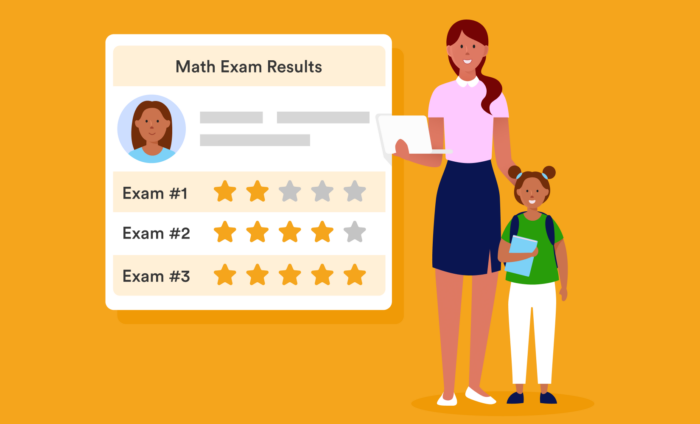

















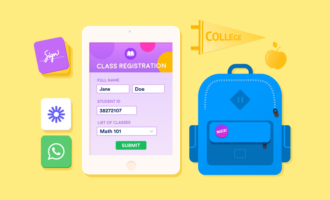


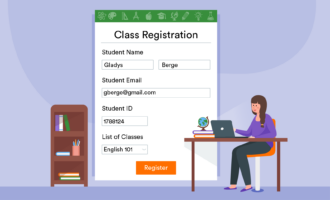



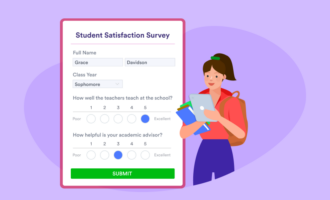













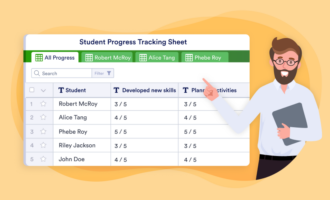





















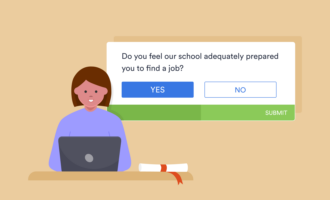






















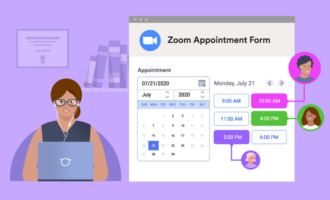



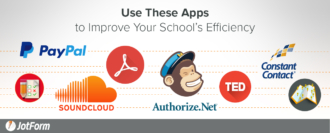














Send Comment:
1 Comments:
More than a year ago
From time to time, we need someone to talk to. Someone who will listen to us without judgement. can help! Whether it be on relationships, personal problems or frustrations.